In the design and maintenance of heavy-duty trucks, shock absorbers, as a crucial component of the suspension system, play a vital role in improving vehicle stability, safety, and comfort. Whether on highways or rough mo...
READ MORE-
-
Peace be upon you. ZHEJIANG GEREP AUTOMOTIVE PARTS MFG.CO., LTD., a leading manufacturer of shock absorbers in China, is proud to announce its participation in the upcoming 2026 Saudi Arabia Auto Parts Exhibition in Riya...
READ MORE -
In modern cars, the suspension system and shock absorbers play a crucial role in ensuring vehicle stability and comfort. The rear shock absorbers, in particular, not only directly affect the smoothness of the driving exp...
READ MORE
How does Gerep Automotive Parts Mfg Co., Ltd. ensure the quality and precision of Honda Passenger Car Shock Absorber, and what testing processes are implemented to meet OEM standards?
How does Gerep Automotive Parts Mfg Co., Ltd. ensure the quality and precision of Honda Passenger Car Shock Absorber, and what testing processes are implemented to meet OEM standards?
Gerep Automotive Parts Mfg Co., Ltd. is a professional manufacturer focusing on the research and development, manufacturing and sales of automotive suspension systems. The company is located in Deqing County, Zhejiang Province. With its advanced production equipment, strict quality control system and deep technical accumulation, Gerep has become a trusted partner of many OEMs including Honda, a world-renowned automotive brand. Through a series of precise manufacturing processes, advanced testing processes and high standards of quality control, Gerep ensures that the automotive suspension systems it provides to customers such as Honda, including the Honda Passenger Car Shock Absorber, which is crucial to driving comfort, have excellent quality, precision and durability.
1. High-precision machining and advanced equipment
Gerep has a first-class high-precision machining center and has imported several advanced production equipment from Germany. These equipment provide the company with strong manufacturing capabilities, enabling it to produce high-performance automotive parts that meet global standards. In particular, in the production of Honda Passenger Car Shock Absorber, the equipment used by Gerep ensures that the size and shape of each part are accurate and correct, meeting the high requirements of the automotive suspension system.
The manufacturing of shock absorbers requires extremely high precision because it directly affects the driving performance and comfort of the vehicle. During the processing, Gerep uses high-precision CNC machine tools, laser measurement technology and automated production lines to ensure that each product is in the best condition within the size and tolerance range. In addition, the company also has its own mold development center, which can customize exclusive molds according to the different needs of Honda vehicles, further improving the accuracy and consistency of the products.
2. Strict quality control system
Quality control is the core link in Gerep's production process, especially in the manufacture of the high-demand Honda Passenger Car Shock Absorber, any negligence of details may affect the performance of the entire vehicle. Therefore, Gerep has implemented a strict quality management system throughout the entire production chain, especially in the production of shock absorbers.
Gerep has a dedicated quality inspection team, including 20 professional quality inspectors, who conduct strict inspections on parts at every stage of production. The company uses advanced testing tools, including three-coordinate measuring machines, precision hardness testers, optical microscopes, etc., to conduct detailed tests on various indicators of shock absorbers. These test items cover all aspects from material selection to the final product leaving the factory, ensuring that each product meets international standards.
2.1 Raw material testing
Before producing Honda Passenger Car Shock Absorber, Gerep strictly screens the raw materials used. The company requires suppliers to provide material certificates and quality assurance documents to ensure that the raw materials meet the specified performance standards. After each batch of materials arrives at the factory, the quality inspectors will conduct preliminary inspections on them, including testing of parameters such as hardness, corrosion resistance, and tensile strength to ensure that they meet the quality standards of the automotive industry.
2.2 Quality control during production
During the production process, Gerep adopts strict quality control measures. In every production link of the shock absorber, there is a dedicated person to supervise. In the precision machining stage, operators use high-precision instruments to inspect the processed workpieces to ensure that the dimensions and tolerances of each component meet the standards. In particular, in the production process of the spring, piston rod and sealing components of the shock absorber, Gerep adopts multiple inspection processes, including dimensional measurement, surface treatment quality inspection and material performance testing, to ensure the high quality of the final product.
2.3 Final product inspection
All Honda Passenger Car Shock Absorbers will undergo a comprehensive final inspection after assembly. Quality inspectors use precision instruments to measure the key parameters of the shock absorber, such as shock absorption effect, pressure resistance, air tightness, sealing, etc., to ensure that the product can work properly under extreme driving conditions. Each test in this process is strictly carr
ied out in accordance with international standards and OEM customer requirements.
3. Testing process and performance verification
In order to ensure that the shock absorbers produced fully meet Honda's OEM standards, Gerep implements a complete set of testing processes during product development and production. These testing processes not only verify the performance of the product under static conditions, but also simulate the dynamic conditions in actual use, ensuring that each product can perform at its best under various working conditions.
3.1 Functional testing
During the testing of the Honda Passenger Car Shock Absorber, Gerep used a number of functional tests, including:
Spring compression test: simulates the impact force that the shock absorber is subjected to during vehicle driving to ensure that it can effectively absorb road vibrations.
Air tightness test: detects the air tightness of the shock absorber to ensure that the shock absorber will not leak after long-term use, thereby affecting performance.
High and low temperature resistance test: exposes the shock absorber to high and low temperature environments to simulate extreme weather conditions and verify its stability in hot and cold environments.
3.2 Dynamic testing
In addition to static performance tests, Gerep also conducted a series of dynamic tests to simulate the working state of the shock absorber during vehicle driving. For example:
Road simulation test: simulates different types of road conditions on a special test bench, including bumpy roads, rugged mountain roads, etc., to evaluate the actual performance of the shock absorber.
Durability testing: Shock absorbers are subjected to long-term, high-intensity load tests to simulate fatigue in actual use and verify their durability.
3.3 Continuous performance monitoring
Gerep conducts continuous performance monitoring on each batch of shock absorbers after production to ensure that each product remains consistent even during mass production. The company also regularly conducts return inspections on products that have been sold to the market to ensure that all products have no performance degradation in actual use.
4. Align with OEM standards
Gerep's shock absorber products are designed and produced in strict accordance with Honda's OEM standards. In order to ensure that all products meet OEM requirements, the company not only relies on its strong R&D capabilities and manufacturing processes, but also maintains a close cooperative relationship with Honda and other well-known global automobile brands, and through regular technical exchanges and audits, ensures that its products always meet the latest industry standards.
 EN
EN  English
English Español
Español


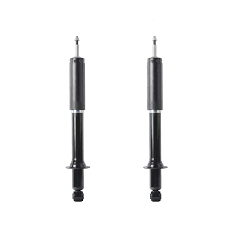
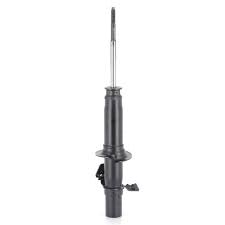
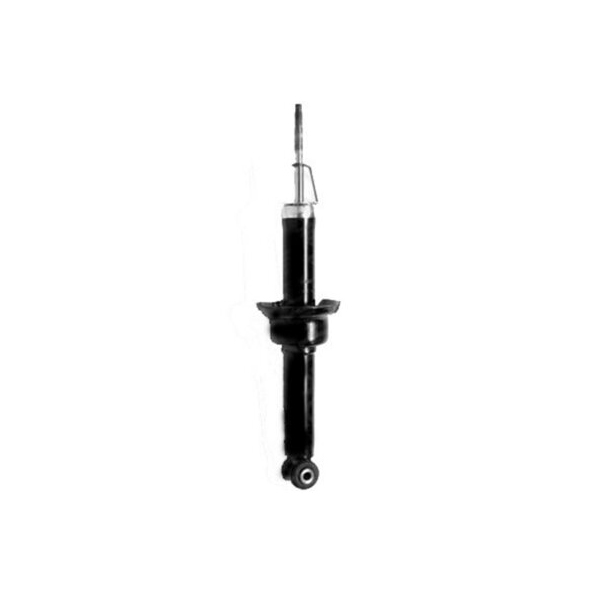
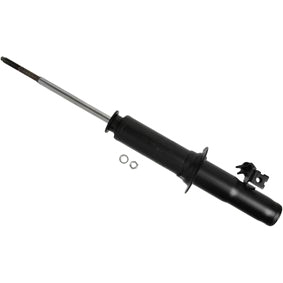
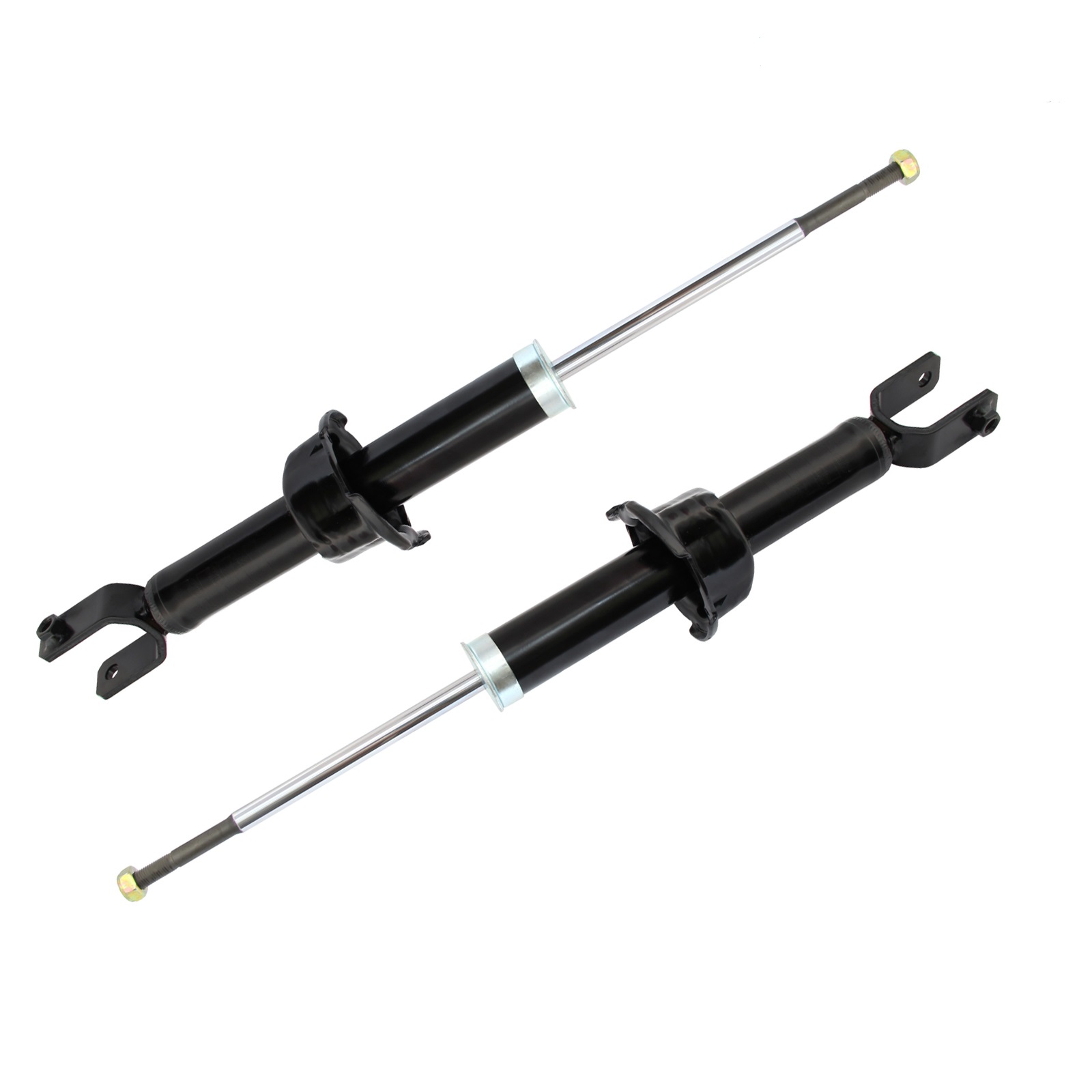
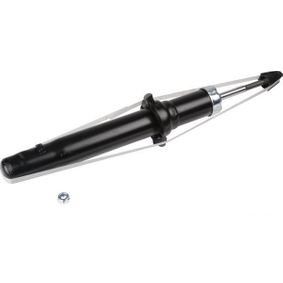
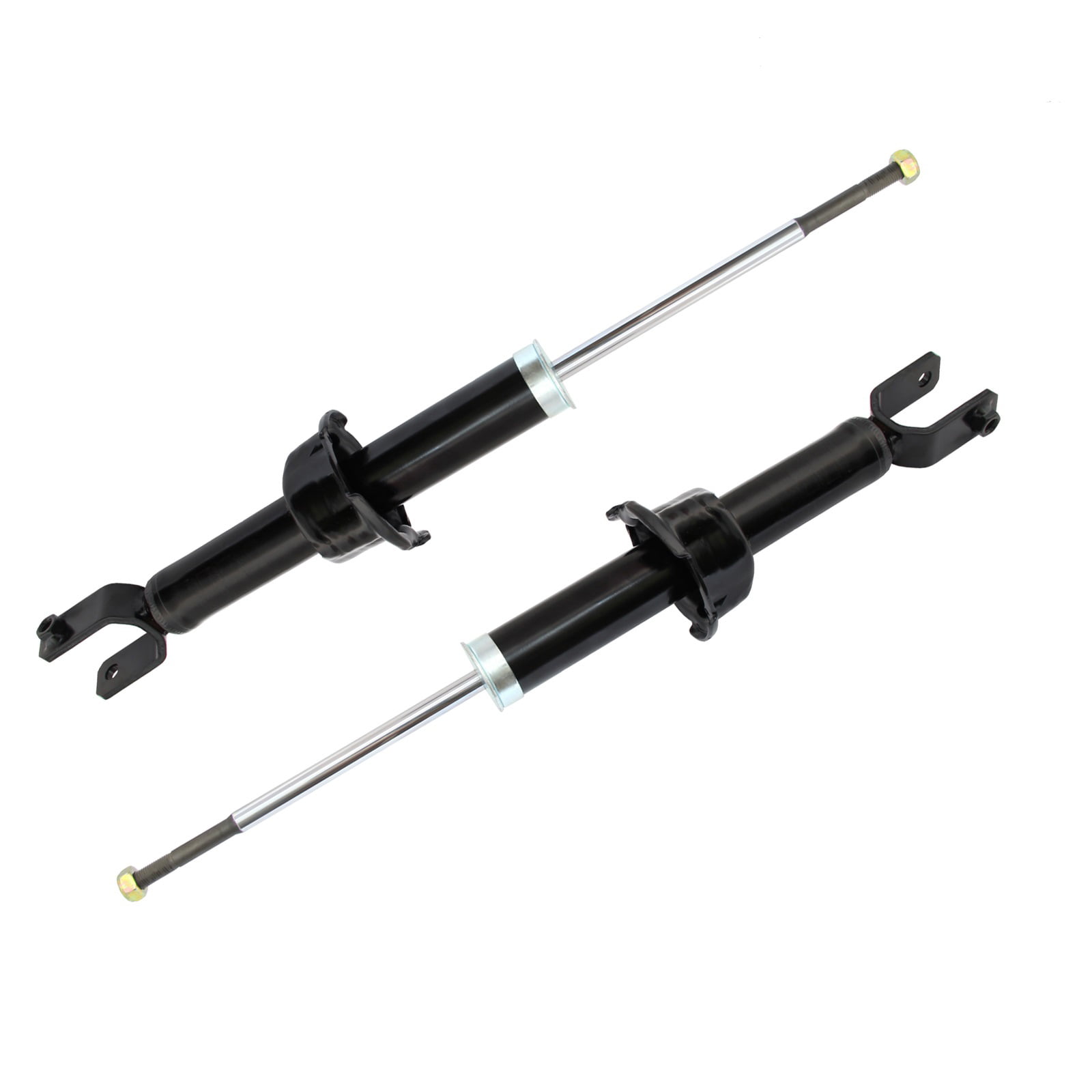
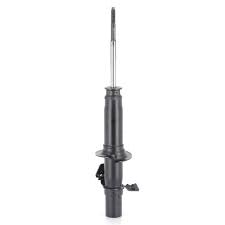
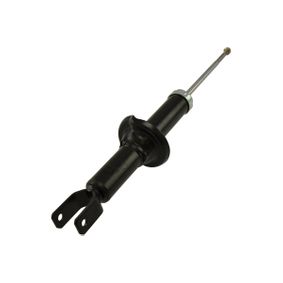
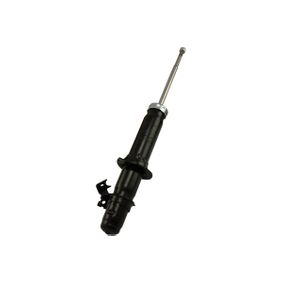
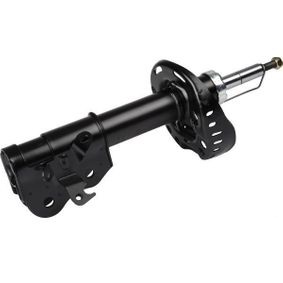
 +86-13757453333
+86-13757453333  +86-572-8355557
+86-572-8355557  Caroline@gerep.cn
Caroline@gerep.cn  No. 36, South Zhenxing Rd., Zhongguan Town, Deqing County, Huzhou, Zhejiang, China
No. 36, South Zhenxing Rd., Zhongguan Town, Deqing County, Huzhou, Zhejiang, China 